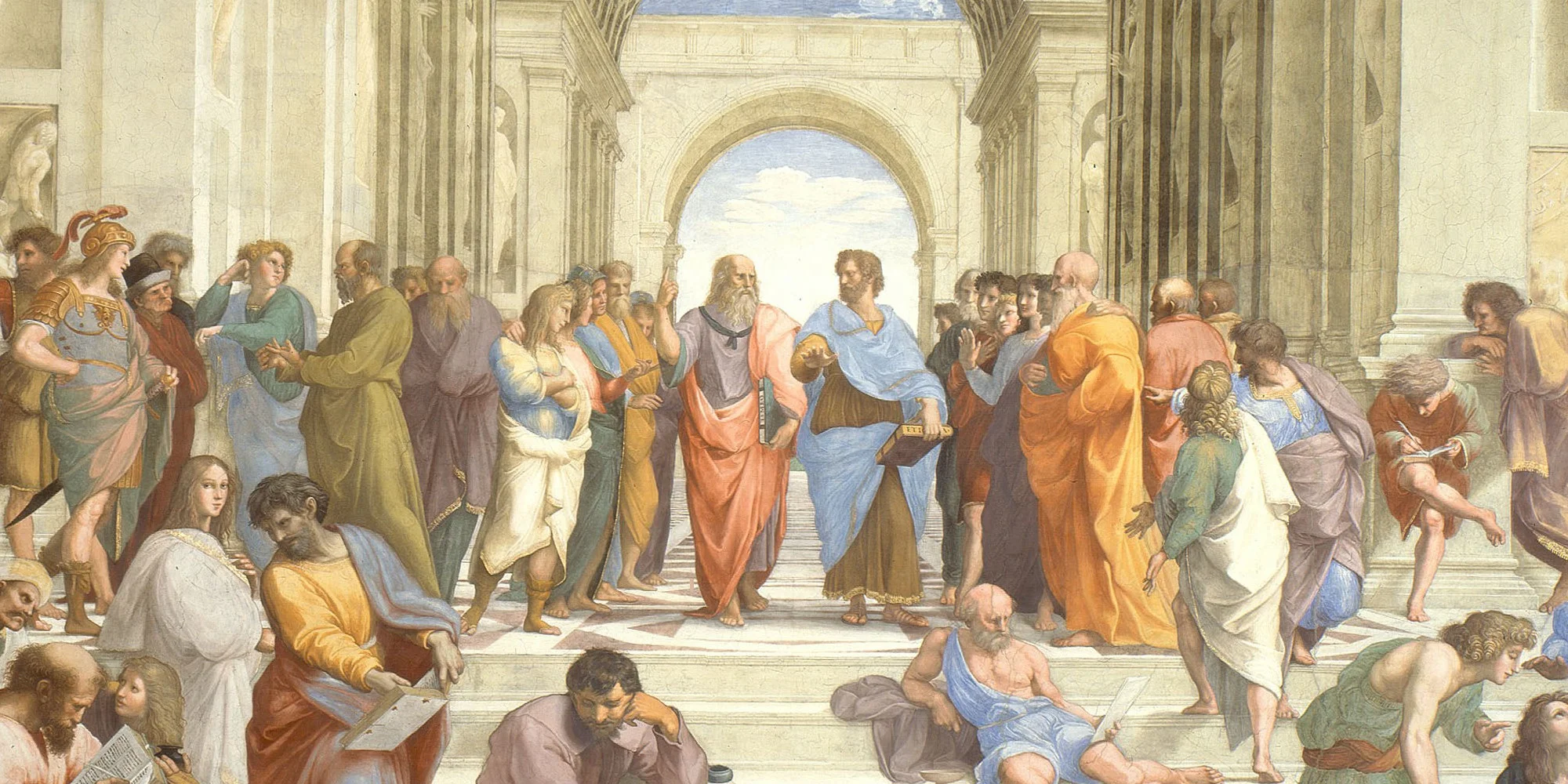
ISME2025
Intellectual Traditions in Dialogue and Conflict
July 10-12, 2025
The 18th Annual Conference of the International Society for MacIntyrean Enquiry
Organized in collaboration with the Collegium Institute
University of Pennsylvania, Philadelphia, U.S.A.
Conference Secretary
Nicholas Ogle
Keynote Speakers
Samuel Moyn (Yale University)
May Sim (College of the Holy Cross)
Conference Email
isme2025@macintyreanenquiry.org
Call for Papers
In After Virtue, Alasdair MacIntyre famously describes a tradition as an “historically extended, socially embodied argument, and an argument precisely in part about the goods which constitute that tradition.” In the book’s sequels, Whose Justice? Which Rationality? and Three Rival Versions of Moral Enquiry, MacIntyre develops an account of the tradition-constituted nature of rational inquiry and explores how sustained dialogue between adherents to different traditions can be a source of progress, including progress in how to understand the disagreements between each tradition.
Drawing upon MacIntyre’s rich conceptualization of tradition and tradition-constituted inquiry, our conference theme encompasses a variety of topics related to intellectual traditions, ranging from the in-depth examination of particular traditions to the exploration of various interactions, conflicts, and potential reconciliations between competing intellectual paradigms. The theme also poses the question of how intellectual traditions can accommodate conflict between different perspectives within a particular tradition, and how these challenges affect their capacity for dialogue and mutual understanding with other traditions. Inspired and challenged by MacIntyre’s engagement with these questions, we welcome discussions that delve into the conflicts between and within traditions, the difficulties and benefits of establishing meaningful dialogue, and the prospects of reconciling or translating across diverse intellectual perspectives.
We especially invite paper proposals that address the following topics:
Theoretical perspectives on the concept of tradition and/or MacIntyre’s account of tradition-constituted inquiry
In-depth studies of particular traditions, including the Catholic intellectual tradition
Attempts at bridging, reconciling, and/or translating between different intellectual traditions
Analyses of MacIntyre’s critique of Enlightenment foundationalism and postmodern relativism and the role of that critique in developing his account of tradition-constituted inquiry
Reflections on the place of authority, tolerance, and pluralism in MacIntyre’s account of the rationality of traditions
MacIntyre’s critique of liberalism, considered as a tradition
Explorations of the role of educational institutions in the development and transmission of traditions of inquiry
Considerations of the challenges posed to the transmission of tradition by a digital cultural environment
Assessments of the reception of MacIntyre’s account of tradition in contemporary philosophical and theological ethics
We also welcome submissions related to other aspects of MacIntyre’s work, including those from non-MacIntyrean perspectives that address broader themes (e.g. virtues, practices, work and human flourishing, the narrative unity of life) relevant to his project.
The Collegium Institute Anscombe Archive
A special call is made for proposals that explore the relationship between the thought of Alasdair MacIntyre and Elizabeth Anscombe, whose archive is housed at the University of Pennsylvania. The Collegium Institute Anscombe Archive, containing over 600 items, provides a unique resource for deepening our understanding of her work and its implications for contemporary thought. Elizabeth Anscombe's profound influence on twentieth-century philosophy, and specifically on MacIntyre's philosophical project, offers a rich field for scholarly inquiry. Proposals examining the influence of Anscombe and MacIntyre on contemporary work in virtue ethics, natural law theory, theories of justice, and related questions are especially welcome.
In addition to submissions of individual papers, we are also accepting proposals for 3-4 person panels on various topics related to the conference theme. Individual paper and panel proposals can be submitted here.
Submissions Deadline
February 15, 2025